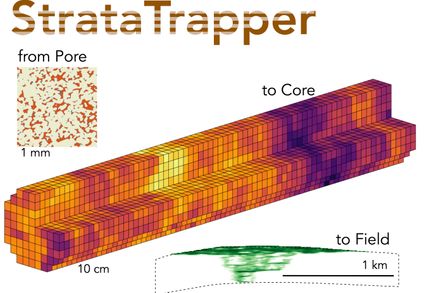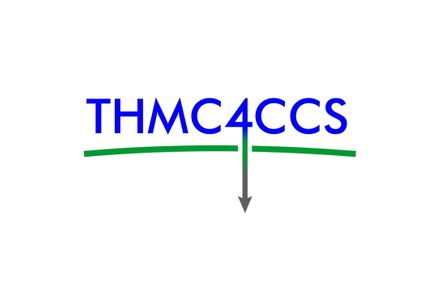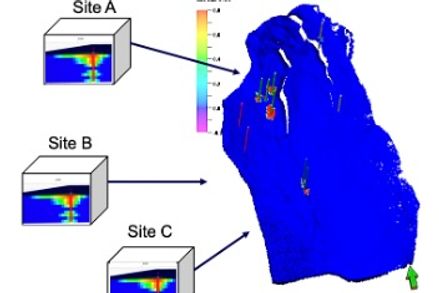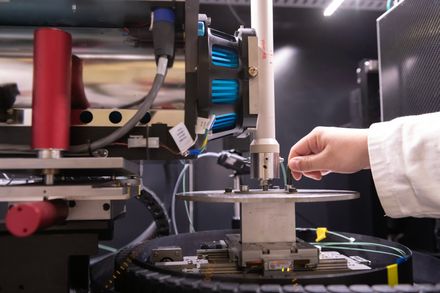BibTex format
@article{Reynolds:2015:10.1002/2015WR018046,
author = {Reynolds, C and Krevor, S},
doi = {10.1002/2015WR018046},
journal = {Water Resources Research},
pages = {9464--9489},
title = {Characterising flow behaviour for gas injection: relative permeability of CO sub 2 /sub -brine and N sub 2 /sub-water in heterogeneous rocks},
url = {http://dx.doi.org/10.1002/2015WR018046},
volume = {51},
year = {2015}
}





